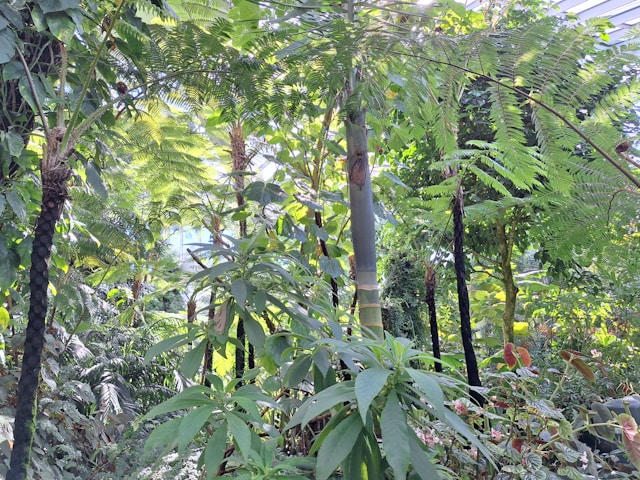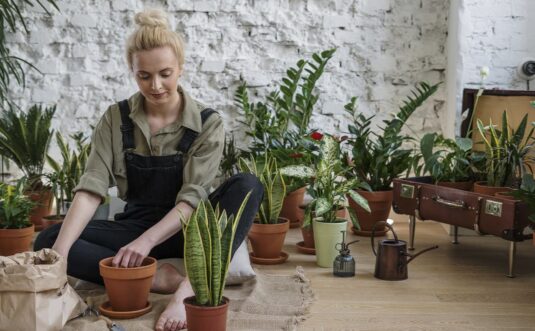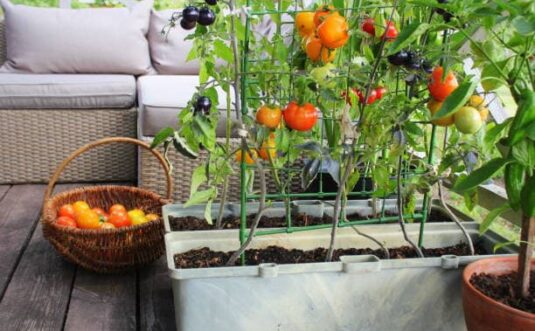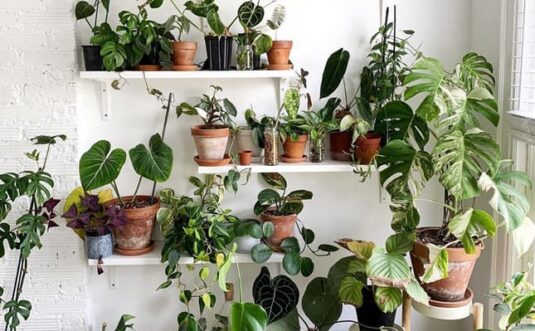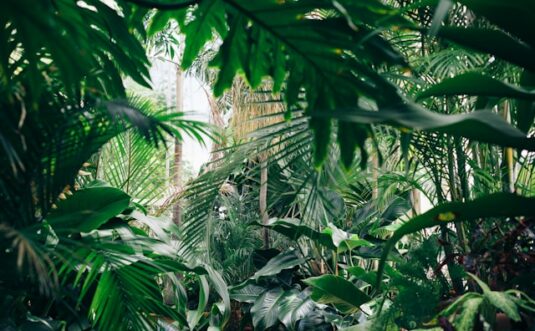Natural fertilizers are becoming more common among people who grow plants at home. They help the soil and don’t use chemicals. While most people hear about compost, there are many other options. Some are already in your kitchen. Others are simple to make using garden waste. You don’t need to spend a lot of money to feed your plants well. Even UK gardeners who enjoy reading about casinos not on GamStop can benefit from adding more natural ideas to their routine. Let’s look at a few kinds of organic fertilizers and how you can use them.
Compost: The Garden’s Basic Booster
Compost is made from old food, plant trimmings, and other natural waste. You can make it at home by saving kitchen scraps like fruit peels, vegetables, and eggshells. These are placed in a compost bin and left to break down over time. This process turns waste into dark, rich soil full of helpful nutrients.
You can use compost in pots, raised beds, or outdoor gardens. It helps improve the soil and holds water better, which is good for your plants. If your soil is too dry or too sandy, compost can make a big difference. You don’t have to use a lot—just mix some into the top layer. Compost works slowly, but it’s safe and keeps your garden healthy for a long time.
Banana Peels: A Surprise Source of Nutrients
Banana peels are easy to use and full of good stuff like potassium and magnesium. These help plants grow strong roots and make flowers or fruit. After eating a banana, you can cut the peel into small pieces and bury it in the soil near your plants.
Some people dry banana peels and crush them into powder. This makes them easier to store and spread. You can even soak the peels in water for a few days and use the liquid to water your plants. This method gives your plants nutrients in a gentle way. It’s especially helpful for flowering plants like tomatoes, peppers, or roses.
Coffee Grounds: Good for Soil Texture and Growth
Used coffee grounds are great for soil. They add a bit of nitrogen, which helps green leaves grow. They also make the soil softer and allow water to move better. You can add coffee grounds directly to the top of the soil or mix them with compost.
Coffee grounds are not too strong, so they are safe for most home plants. If you are growing vegetables or herbs, this can be a helpful boost. But try not to use too much in one spot, or the soil may get too wet or sticky. Spread it thin or mix it with dry leaves.
Eggshells: Simple and Full of Calcium
If you often cook eggs, you already have a good fertilizer. Eggshells are full of calcium, which helps build strong plant cells. To use them, rinse the shells and let them dry. Then crush them into small bits and mix them into the soil.
Calcium is especially helpful for plants like tomatoes and peppers, which sometimes get dark spots on their fruit when there’s not enough. Eggshells work slowly, so they’re best used over time. You can also add them to your compost pile.
Some people blend shells into a fine powder and add it to water. This helps the nutrients go into the soil faster, especially in indoor pots.
Grass Clippings: A Good Way to Use Lawn Waste
After cutting your grass, don’t throw the clippings away. Fresh grass is high in nitrogen and breaks down quickly. You can spread it over your soil to feed your plants and stop weeds from growing.
Just make sure the clippings don’t come from grass sprayed with chemicals. Also, don’t use too thick a layer, or it might stop air from getting to the soil. A thin layer works well and keeps moisture in.
Grass clippings are best used in garden beds or around bushes and trees. They are free and always available if you mow often.
Manure: Strong but Needs Care
Animal manure—like from cows, chickens, or horses—is powerful. It has nitrogen, phosphorus, and potassium. These are three important nutrients for plants. But fresh manure is too strong and can hurt roots.
That’s why it’s important to let it sit and break down first. This is called “aged” or “composted” manure. Once ready, you can mix it into your soil or spread it on top.
Use it mostly in large garden beds, not in small pots. It works well for vegetables and fruit plants, helping them grow faster and bigger. Wear gloves when handling manure and don’t use it too close to harvest time for food plants.
Fish Emulsion: A Liquid Option for Quick Help
Fish emulsion is a mix made from fish waste. It’s sold as a liquid and works fast. It gives your plants a boost of nitrogen and other nutrients. Many people use it for vegetables or when their plants look weak or pale.
To use fish emulsion, you mix it with water based on the bottle’s instructions. Then you pour it at the base of the plant or spray it on the leaves. It’s safe, but the smell can be strong. Use it outside or in well-ventilated spaces.
This fertilizer acts quickly and can be used every two to three weeks if needed. It’s a good choice when you want fast growth without harsh chemicals.
Seaweed: A Natural Source of Micronutrients
Seaweed, or kelp, is rich in minerals that help plants grow in a balanced way. It has small amounts of many useful elements. You can buy it dried, powdered, or in liquid form.
Seaweed helps roots grow stronger and protects plants from stress like heat or bugs. Some people use seaweed together with compost to give both fast and slow support.
Liquid seaweed can be sprayed on leaves or added to the soil. It’s gentle and works well for vegetables, herbs, and flowers. If you live near the coast and collect seaweed yourself, rinse it well first to remove the salt.
